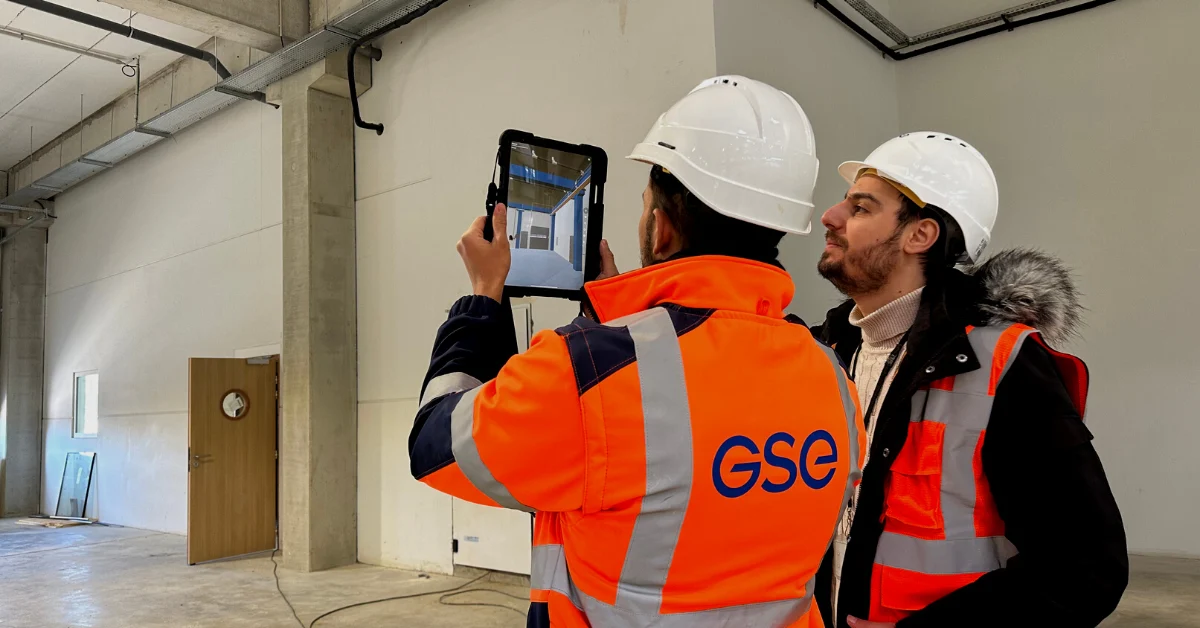How is augmented reality used in construction?

Share this post
What is augmented reality?
Augmented reality is a technology that superimposes digital information onto the real world, enhancing what we see and interact with. It can be experienced through a smartphone or tablet, a wearable device like Microsoft’s HoloLens, or special AR glasses. With AR, digital models and information can be overlaid onto a real-world environment, allowing users to interact with virtual objects and data in a physical space.
How is AR used in Construction?
The construction industry has embraced AR technology to improve the design, planning, and construction processes. Here are some of the ways AR is being used in construction:
Design and Visualization
AR technology allows architects and designers to visualize 3D models of their designs in a real-world environment. Using AR headsets, they can walk around a digital model and make real-time modifications to the design. This makes it easier to identify potential design flaws and improve the design before construction begins.
On-site construction
AR technology can be used on-site to improve construction accuracy and efficiency. By overlaying digital models in the real world, construction workers can ensure that the building components are installed in the correct locations and at the right angles. This can help to reduce errors and rework, saving time and money.
Safety Training
AR technology can be used to train construction workers on safety procedures and protocols. With AR headsets, workers can practice safety procedures in a simulated environment, making it easier to identify potential hazards and learn how to respond to them.
Maintenance and repair
AR technology can also be used for building maintenance and repair. By overlaying digital information onto physical objects, maintenance workers can quickly identify equipment and access information about maintenance procedures. This can help to reduce downtime and improve maintenance efficiency.
Benefits of AR in Construction
AR technology has several benefits for the construction industry, including:
- Improved Accuracy: AR technology can help to improve the accuracy of construction projects by ensuring that building components are installed in the correct locations and at the right angles.
- Increased Efficiency: AR technology can help to reduce errors and rework, saving time and money.
- Enhanced Safety: AR technology can be used to train workers on safety procedures, reducing the risk of accidents and injuries.
- Improved Visualization: AR technology allows architects and designers to visualize 3D models of their designs in a real-world environment, making it easier to identify potential design flaws.
Conclusion
Augmented reality is transforming the construction industry, improving the design, planning, and construction processes. AR technology is being used to improve accuracy, efficiency, safety, and visualization, providing numerous benefits for construction professionals. As AR technology continues to develop, it is likely that we will see even more innovative uses for it in the construction industry in the future.
About GAMMA AR
GAMMA AR is a Construction App that brings BIM models to the construction site using Augmented Reality. Check out the features of the software and start your 30-day free trial now.
If you have any questions or need support, send us an email at info@gamma-ar.com
